‘Nothing is so permanent as a temporary government programme,’ the free market economist Milton Friedman famously noted. So just how permanent will social distancing measures be? As more positive news about vaccines and their distribution rolls in, it will be a question that grows louder: how much longer will we be asked to live with Covid rules, and might anyone make the case for keeping them in place after the virus is under control?
We caught a glimpse of the different opinions circling Whitehall tonight, when the Prime Minister and Deputy Chief Medical Officer Jonathan Van-Tam clashed over the future of mask-wearing. During the Covid press conference, the Sun asked Van-Tam if masks and hand sanitiser might become a staple in our ‘new normal’ way of living: ‘I think those kinds of habits that clearly stop the spread of other respiratory viruses, such as flu,’ he responded, ‘will perhaps persist for many years, and that may be a good thing if they do.’
The Prime Minister did not agree. In a rare moment, Johnson – who during these press conferences tends to defer to his medical and scientific officials when it comes to health advice – was quick to counter Van-Tam’s endorsement of indefinite mask-wearing: ‘Um, yes maybe. But on the other hand we may want to get back to life as pretty much as close to normal.’
Van-Tam later clarified his comments, asserting he did not think it would be necessary for social distancing measures to remain official government advice (or, presumably, enforceable by law). But he doubled down on his opinion that masks have their benefits beyond Covid: ‘Do I think possibly some of those personal habits for some people will persist longer and perhaps become enduring for some people? Yes I think that’s possible.’
Once again, this was met with scepticism from the Prime Minister: ‘who knows,’ he mumbled, ‘who knows.’
This idea that certain elements of our new normal could linger after Britain is vaccinated has been doing the rounds. As Isabel Hardman wrote earlier this week on Coffee House, there are rumblings about how the Test and Trace system might be repurposed, prompting serious questions as to whether people might be asked to continue to ‘log in’ to venues, share their medical information or be asked to isolate if they were in contact with someone who, say, had the flu. From a cynical perspective, this might just be a way to justify the staggering £22bn the programme is now estimated to cost. But there are those, like the Health Secretary, who have indicated they might back such proposals in the name of ‘public health’.
It seemed tonight, however, that the Prime Minister rejected plans to keep our Covid habits alive long after the virus becomes manageable. Johnson has found himself in unfamiliar territory since the pandemic hit, going against his classically liberal instincts (as expressed many times in The Spectator) by enforcing draconian Covid restrictions. He looked pained this week watching Sir Graham Brady, chair of the 1922 Committee, explaining in the Commons why he wouldn’t be voting for the new tier system, citing the importance of upholding civil liberties and an underwhelming economic assessment of the damage the new restrictions would inflict on business. Indeed, it felt like the kind of speech Johnson might have delivered himself once. He understands the misgivings of some of his own MPs. His largest rebellion to date on Tuesday didn’t just create a political problem for the Prime Minister, but a personal one too.
Regardless of politics or ideology, most people are likely to agree that that our heightened awareness of real public health issues has led to certain improvements in our well-being. It would be no bad thing if we carried with us into our post-Covid lifestyles our knowledge of how to properly (and frequently) wash our hands, or the trend of staying home and resting up when sick, rather than suffering through the day and infecting others along the way. But we know that many of the measures have taken their toll (despite the Treasury still not modeling them): economic recovery was stalling by August, while yesterday the OECD forecast the UK to have one of the slowest recoveries in the G7.
The real debate will come if the more intrusive Covid rules are fought for – or if these decisions aren’t handed back to the individual, but continue to be mandated by law. If that fight comes, it would appear the Prime Minister is not on the side of the new normal, but the old one.
Got something to add? Join the discussion and comment below.
Get 10 issues for just $10
Subscribe to The Spectator Australia today for the next 10 magazine issues, plus full online access, for just $10.


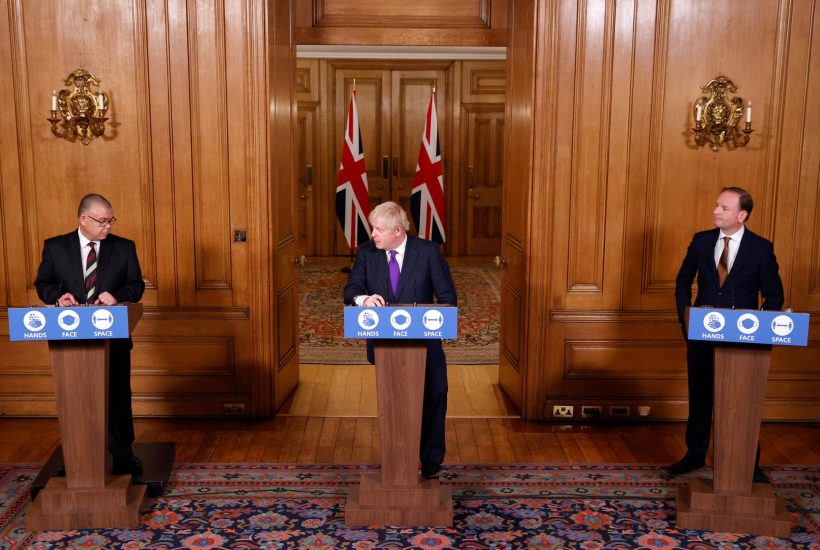
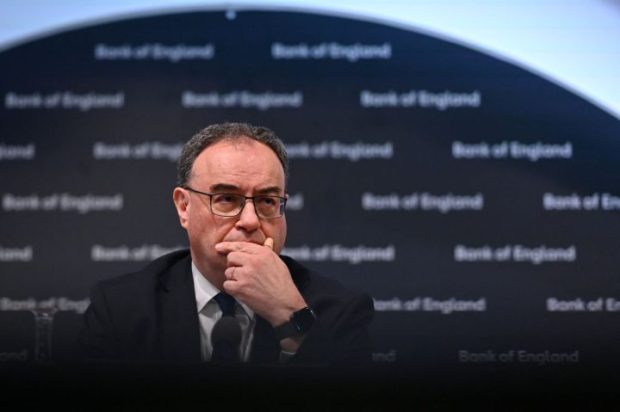
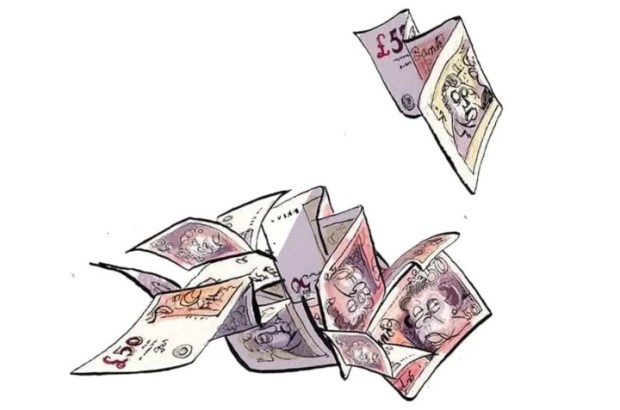
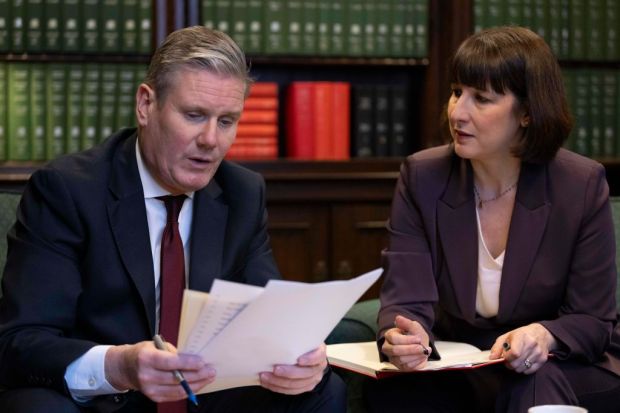
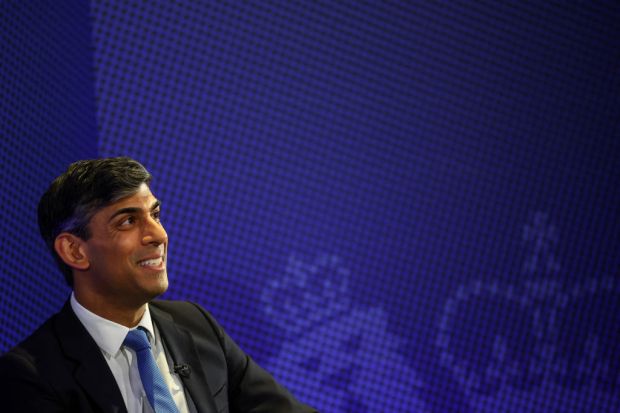
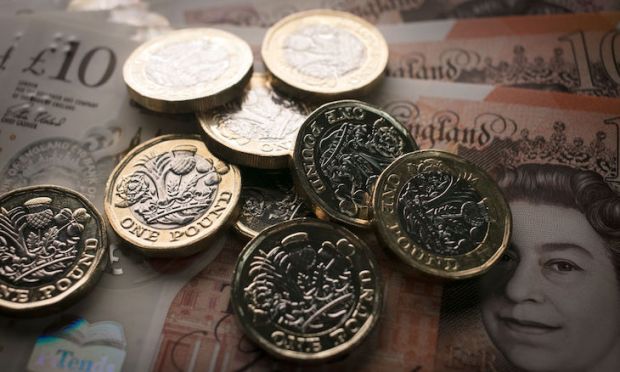












Comments
Don't miss out
Join the conversation with other Spectator Australia readers. Subscribe to leave a comment.
SUBSCRIBEAlready a subscriber? Log in